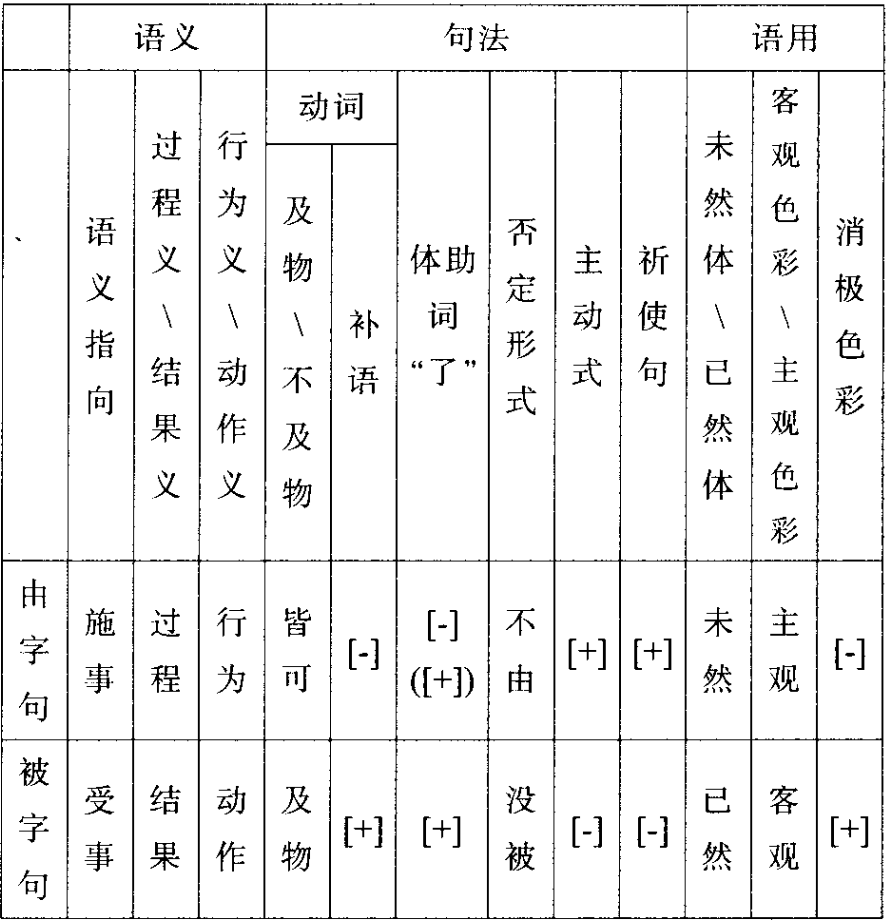I'm not sure how your Chinese level is like now, but it's always useful to know that 被 (A) B isn't the counterpart of be B-ed (by A), because Chinese language lacks the notion of passive.
The true meaning of 被 A B construction is, literally receive A('s) B-ing, or more practically let A do B to oneself. There are two more things I have to explain about the phrase, that is:
It conveys a connotation of "done unexpectedly", in most cases, "unwelcome".
我的蛋糕都被他吃了! I got all my cake eaten by him!
It always requires verbs to be perfective (~ become meaningful by the end of the action), because what's important is the result.
NG 不要被他跑! (???)
OK 不要被他跑了! Don't let him run away (from us)!
OK 不要被他跑掉! (same as above)
Back to your question, why you can't use 被 here is mostly because it trespasses #2. The bare verb 负责 isn't perfective by its own (it has effect while the responsibility is taken).
But it doesn't seem to make sense even when you change it to perfect, either: 这件事被公司负责了 could be valid only in some situation that, say, you're dying to take charge of something for some reason, but it ends up the company has taken it.
On the other hand, 由 A B is a formal expression also partially corresponds to passive in English, literally reports B realizes from/via A, or be B-ed by A with its initiative.

